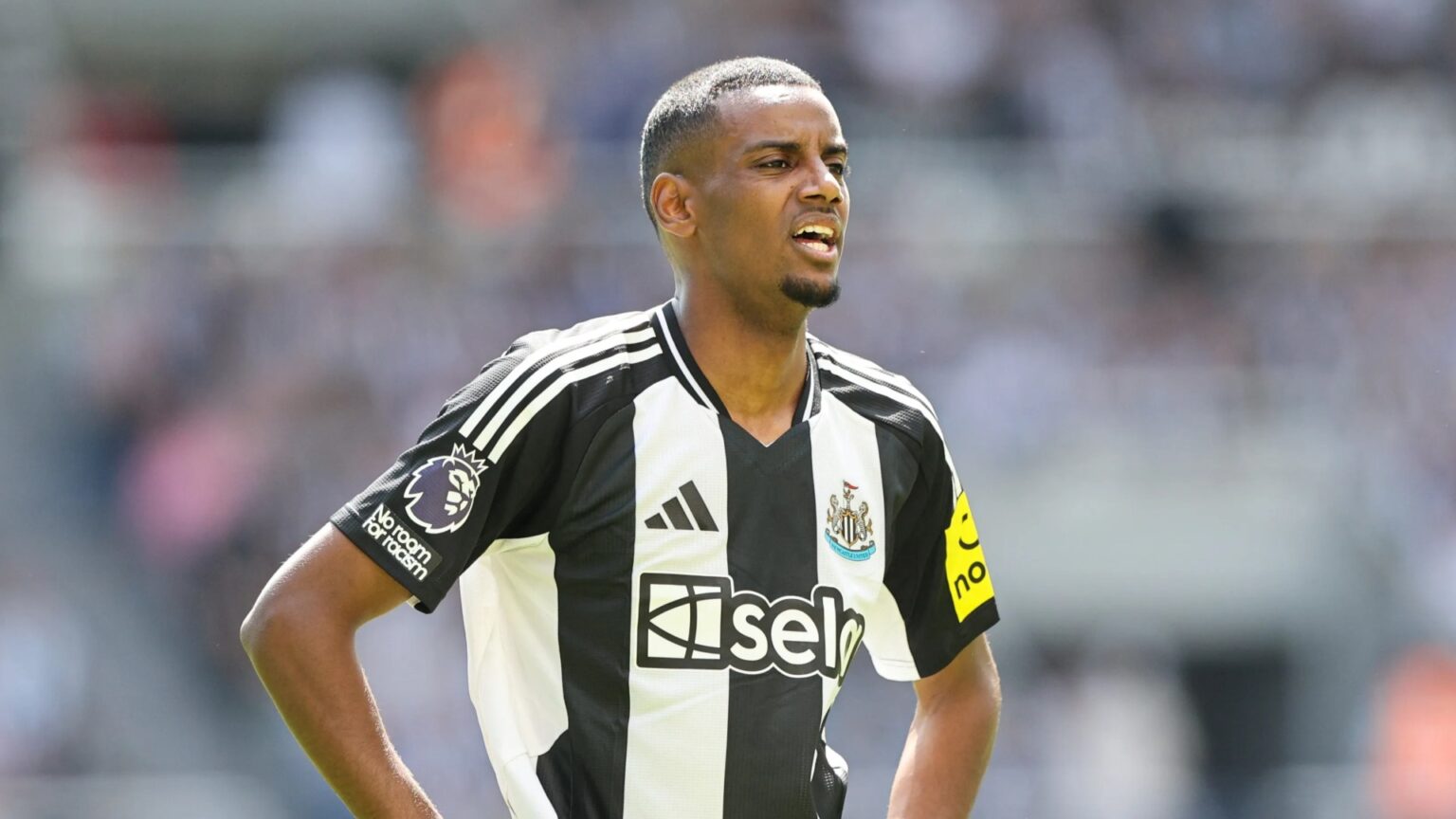FOOTBALL isn’t just about goals and trophies — it’s about people.
After all, clubs don’t make anything, don’t manufacture anything; all our assets are people.
Dealing with people is a key part of my job as West Ham CEO. And dealing with a wantaway player is one of the toughest jobs in football.
We had our own Alexander Isak moment at West Ham in 2017 when Dimitri Payet wanted out… and the whole club felt it.
One day he just packed his bags, went to the airport and took a flight to Marseille.
That was despite the fact we told him we did not want him to leave, expected him to honour his contract and had done no deal with Olympique de Marseille for him to be transferred there.
We loved him, our supporters loved him, but he didn’t love us back and that’s hard to take.
The fans were heartbroken, the dressing room unsettled and every training session turned into a circus.
That’s the reality when a star man downs tools. The ripple effect is huge.
The press were camped outside, questions wouldn’t stop and the tension was obvious.
I look at Newcastle’s situation with Isak and genuinely sympathise.
He’s a top striker, adored by the Toon Army, but once a player has his head turned, it changes everything.
Suddenly, the focus isn’t on football any more — it’s on one man’s future.
The hard truth is you can’t make an unhappy player happy. But that doesn’t mean you roll over.
The club has to stay strong, because it’s bigger than any one player.
Fans rightly expect loyalty, but as club executives, we have to protect the value of the asset and the pride in the badge.
With Payet, we stood firm. We made sure West Ham got the right deal. It hurt at the time, but the club came out stronger.
Newcastle will be thinking the same way. They will fight to keep Isak if they can, but if the moment comes where he has to go, they’ll make sure it’s on their terms — not his.
That’s exactly how it should be. Players come and go. Clubs don’t. That’s the heartbeat we’re all here to protect.
Isak has not been an isolated case — but the dynamics don’t change much. Remember Pierre van Hooijdonk refusing to play at Nottingham Forest?
Isak to Liverpool transfer saga timeline
- JANUARY: First links to Liverpool emerge
- FEBRUARY: £150million record fee mooted
- MARCH: Isak denies Newcastle contract talk
- APRIL: Eddie Howe hails Isak as “very professional.”
- MAY: Howe insists Isak will not be sold
- Last match in Newcastle shirt
- JUNE: Transfer links to Liverpool heat up
- JULY: Flies with Newcastle for Austria training camp
- Left out of Celtic friendly
- Liverpool hijack Toon’s Hugo Ekitike deal after making Isak enquiry
- Doesn’t travel for pre-season tour of Singapore and South Korea, citing injury
- AUGUST: Training by himself at Newcastle
- Liverpool have £110m bid rejected
- Isak stops training and goes on strike
- Moves out of his apartment
- Releases angry statement blasting ‘trust has been lost’
- Newcastle respond by insisting he won’t be sold unless it benefits club
And what about William Gallas, Peter Odemwingie, Carlos Tevez, Saido Berahino and even Cristiano Ronaldo’s ill-fated decision to return to Manchester United?
For a CEO, the challenge is balancing three things: the expectations, hopes and dreams of the supporters, the manager’s needs, and the dignity of the badge.
It’s not about forcing anyone to stay against their will. Unhappy players rarely, if ever, perform at their peak.
But it’s also not about rolling over at the first sign of discontent. The club’s interests must come first.
That means securing fair value, protecting the integrity of the squad and making sure supporters know their loyalty is matched in the boardroom.
In Payet’s case, we stood firm until the right solution came and the player moved. The lesson was that while football is very emotional, decisions must be rational.
Players come and go but, West Ham, like every great club, remains. That’s what we protect every single day.
Newcastle have been a football club for 144 years. And they will be around a lot longer than any one footballer.
Read the full article here

